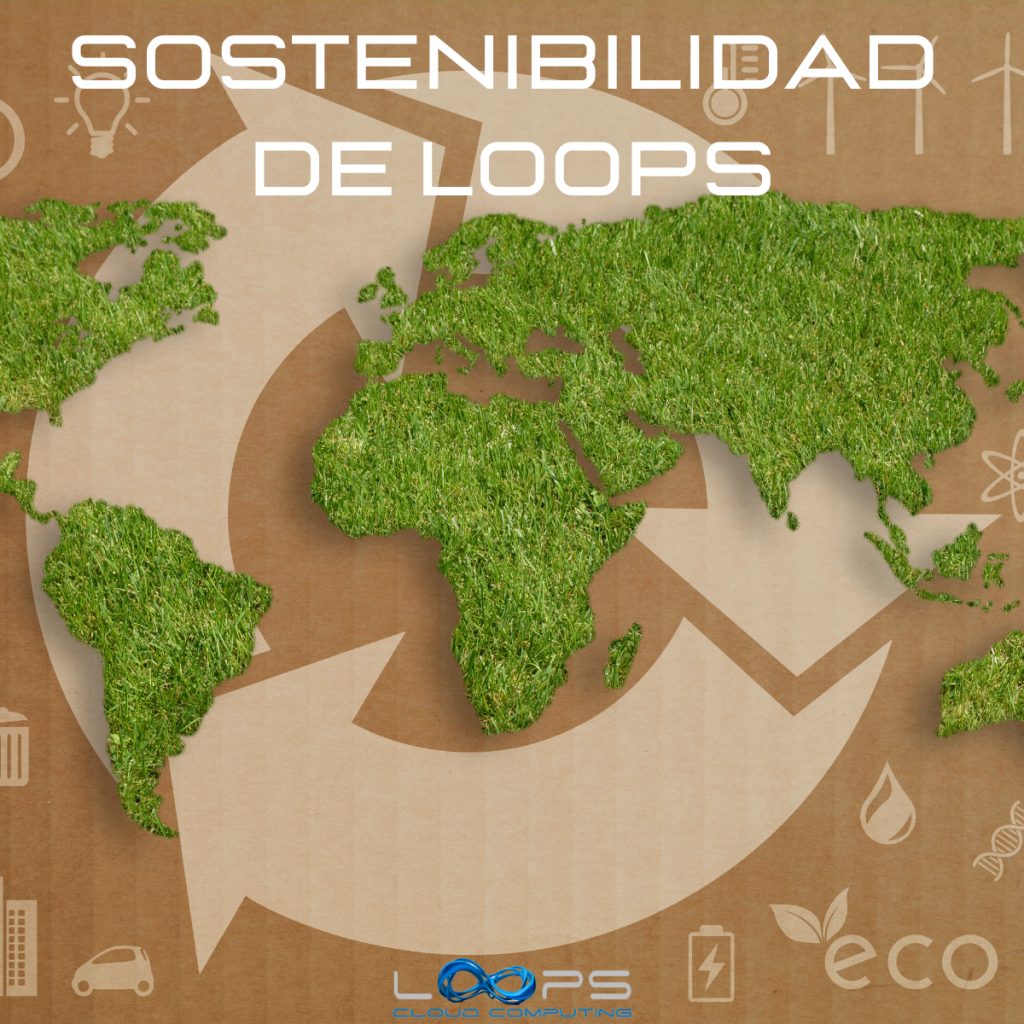Although Loops is committed to the ODS and with the rest of the United Nations agreements of the 2015, we have decided to focus our efforts on two of them to meet our sustainable development goals:
- ODS1, destined to end poverty, in which Loops provides superior aids to the 1% of your annual benefits to Manos Unidas.
- ODS 10, whose objective is the reduction of inequalities, in which Loops welcomes a person at risk of social exclusion into its organization every year, who provides a plan to help you solve your problems.
Pollution
for our activity, we contaminate 2 different shapes, depending on whether the analysis is performed in the job, or in the place where the installation is done.
During the 2021, due to the situation caused by Covid-19, a large part of our staff worked remotely, while a small percentage did it in person. Thanks to this, we were able to reduce the pollution generated by our physical workspace by a very high percentage.
Contamination produced in client
In "client's house”, or the places where we do the installations, we separate and send all the waste produced for recycling, which regulates the production and management of construction waste and ensures the demolition of waste and contaminated soil for a circular economy.
Compliance with the regulations we comply with requires us to separate and classify all waste and deposit it for recycling.
Circular Economy
The circular economy It is a model of production and consumption that seeks to extend the useful life of existing products as many times as possible., to create added value. Share, reuse, repair, renewing and recycling materials are some of the most used methods to achieve this goal.
Secondly, trying to make the most of the installed infrastructure, it is true that in the IT sector the useful life of the components is very short, why new technologies are increasingly demanding with hardware, which implies that few components are usable.
aware of this reality, and consistent with our sustainability commitments, Loops has an agreement with Aliter, to which all the electronic components that are withdrawn are sent, but they still work, check them, repair, and return to the market as revised material, giving it a new life.
Water and electricity consumption
consumption of agua Loops drinking water is more similar to domestic consumption than to industrial consumption, since it is not used in any process and can only be considered as consumption for private use.
As for consumption of electricity, We have two types of vehicles depending on their use:
- Electric vehicles: for field technicians and with a daily journey of no more than 200 km.
- Hybrid vehicles: for personnel who require greater autonomy than those 200 daily km.

